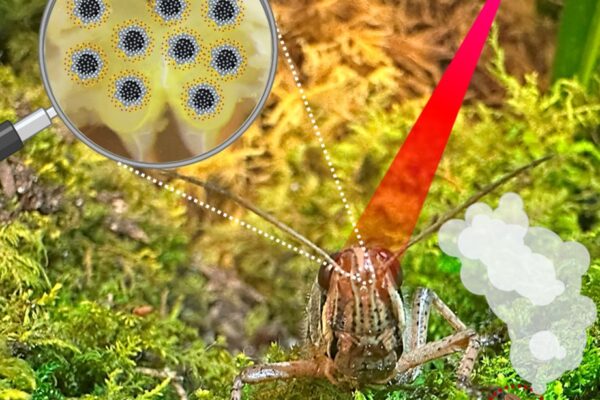Srikanth Singamaneni, the Lilyan & E. Lisle Hughes Professor in the Department of Mechanical Engineering & Materials Science, and Barani Raman, a professor of biomedical engineering, both at the McKelvey School of Engineering at Washington University in St. Louis, received a three-year $570,746 grant from the National Science Foundation to support their work to understand the fundamental mechanisms that underpin interactions between nerve cells, or neurons, and nanoparticles, which can be used to both sense and stimulate neurons.
Nanomaterials already play a vital role in enhancing the performance of everyday products from electronics to cosmetics to food packaging. But, beyond their usefulness in making images sharper and products more stable, researchers in the McKelvey School of Engineering at Washington University in St. Louis have shown nanoparticles also may be an essential tool in advancing our understanding of the brain and opening new avenues for treating neurological disorders such as Parkinson’s disease and epilepsy.
Singamaneni and Raman, in collaboration with researchers in McKelvey Engineering and WashU’s School of Medicine, already have shown that nanoparticles can be used to boost locusts’ sense of smell by amplifying neuron signals in an insect’s brain to achieve better chemical sensing performance. With this new study, they aim to provide the physical underpinnings, or basic ground rules, for nano-neuro interactions using 2D neural cultures as a model system.
Read more on the McKelvey Engineering website.


